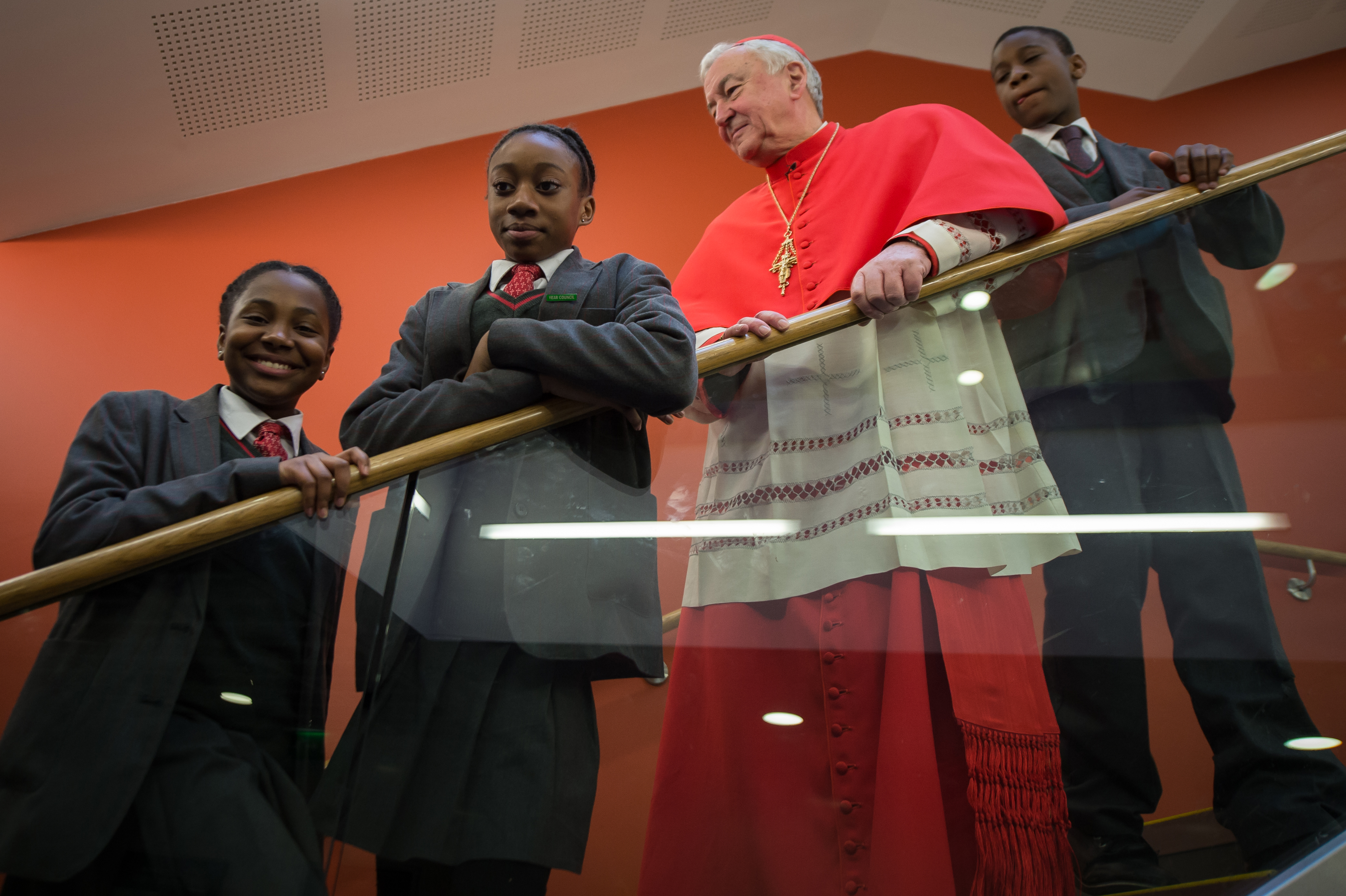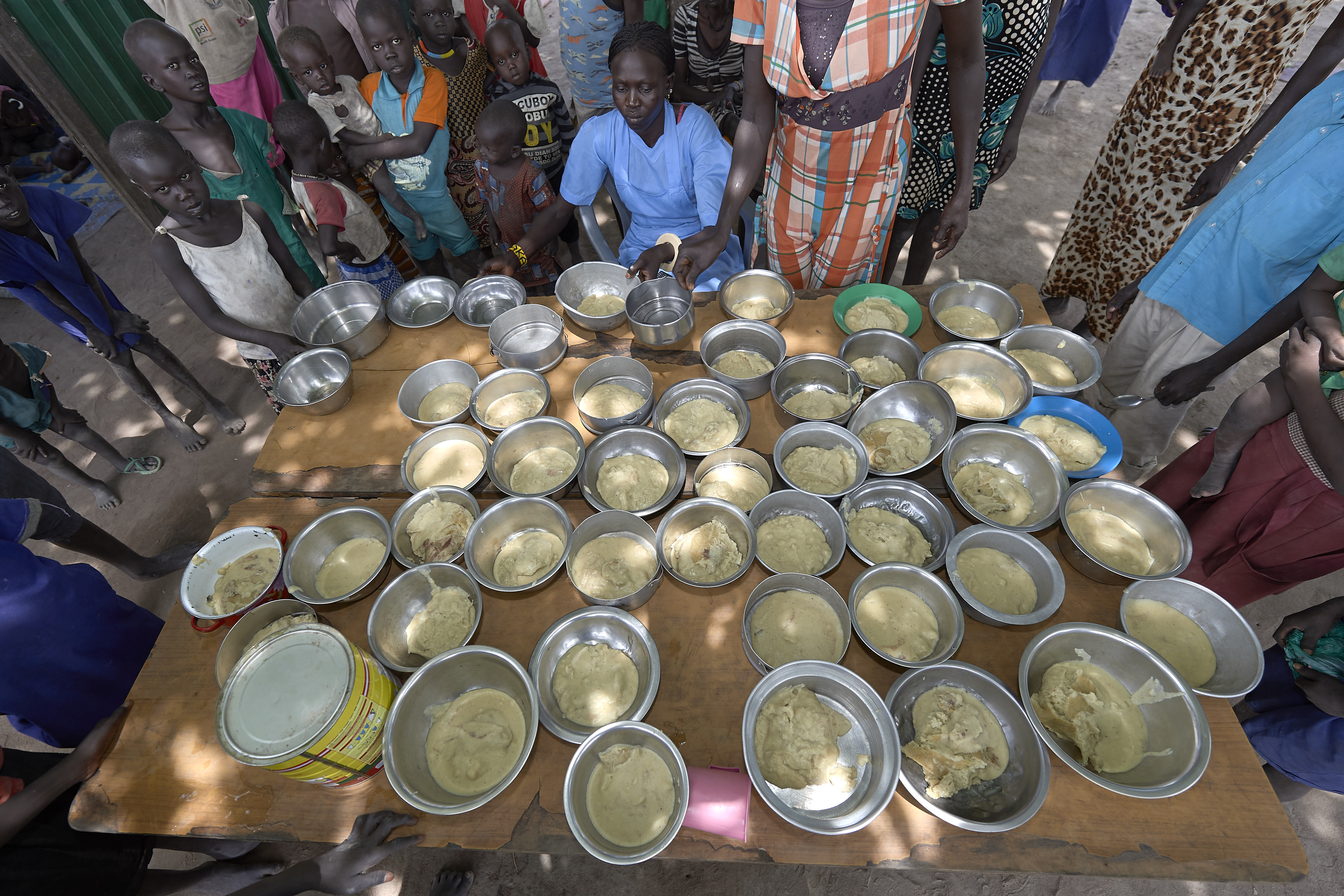Pope Francis is poised to open the Holy See’s first embassy in South Sudan, according to a senior church official in the country.
Francis’ decision to appoint a resident ambassador in Juba represents a deepening of ties between the Holy See and the war torn country while also paving the way for a possible papal visit.
“The step taken by our Pope Francis warms the hearts of the victims of war, trampled in these nations, and symbolises the friendly bond between South Sudan and the Holy See,” Bishop Eduardo Hiiboro Kussala, president of the country’s bishops conference, said in a statement.
“Since the first day of his Pontificate, he has never stopped praying for us, he has planned a pastoral visit and now he has opened the Consulate.”
By opening an embassy in Juba, and taking the unusual step of naming his ambassador to Syria a cardinal, Francis is determined to use all the diplomatic levers at his disposal to respond to the world’s humanitarian crises.
In 2013, two years after South Sudan gained its independence, the Pope sent Archbishop Charles Balvo to serve as the first papal ambassador to the world’s youngest state. Archbishop Balvo, however, has conducted his diplomatic mission from Nairobi, Kenya, and did not live in Juba.
According to Bishop Kussala the new resident apostolic nuncio, as Vatican ambassadors are known, will be Mgr Marco Kedima, a diplomat from Kenya who is currently serving in Brazil.
The Pope has shown a special concern for South Sudan which is in the grip of a devastating civil war which has seen four million people been displaced from their homes. Meanwhile, a famine affecting many millions has left some so hungry that they are now surviving on tree leaves.
In February 2017 Francis announced that he and the Archbishop of Canterbury, Justin Welby were planning to make an historic joint visit to the country in what would have been attempt to help bring about a truce between the warring factions.
But the trip was put on hold ostensibly due to security concerns, although sources in Rome say it was due to a fear that a joint visit could be counter productive and would be exploited for political purposes by the ruling regime.
Nevertheless, the South Sudanese bishops have continued to invite the Pope to visit, arguing he could help advance the cause of peace. When he was in Uganda in 2015 Francis had a brief private meeting with South Sudan’s President, Salva Kiir, who is a Catholic, while the Catholic Church has been described as the “only functioning institution” in the country. All the christian churches are working closely together to help alleviate the wide scale suffering on the ground.
"Pope Francis continues to do great things for us, and we are truly grateful to him as well as being his great admirers: he teaches us to cross our borders with love, reaching all of humanity,” Bishop Kussala explained. “He has managed to win the hearts between religious and even non-believers.”
South Sudan's internal conflict was sparked after President Kiir sacked his deputy, Riek Machar, due to suspicions the vice-president was plotting a coup. Machar denies these claims. Tensions in the country quickly escalated into full blown conflicts while ethnic and tribal differences also exacerbated problems between Kiir and Machar. The president comes from the majority Dinka tribe while Machar from the Nuer, which is second largest.
--



 Loading ...
Loading ...